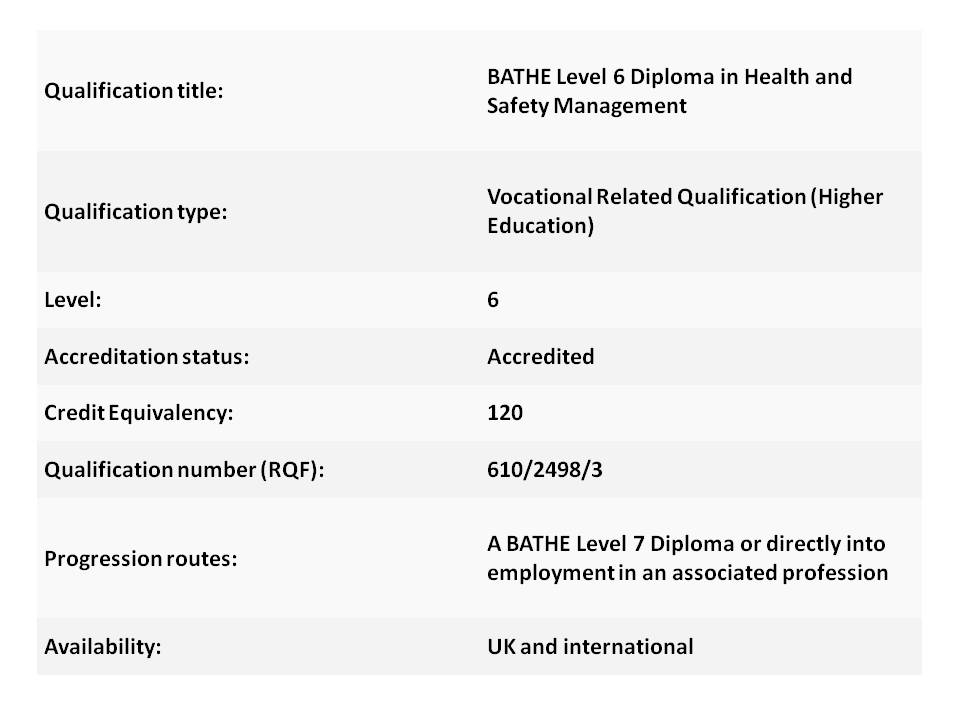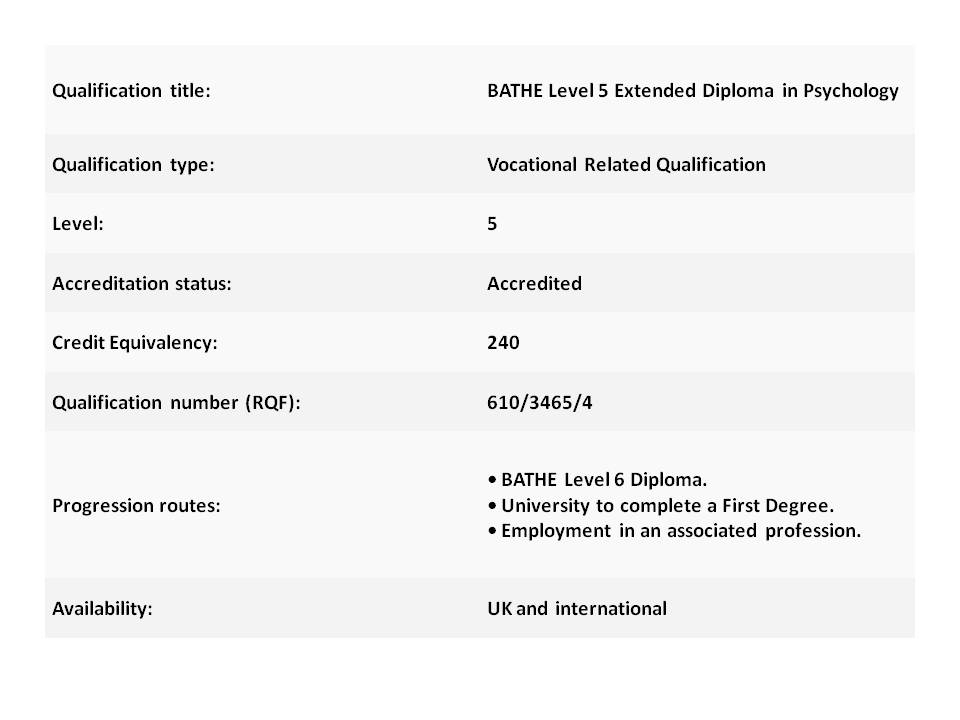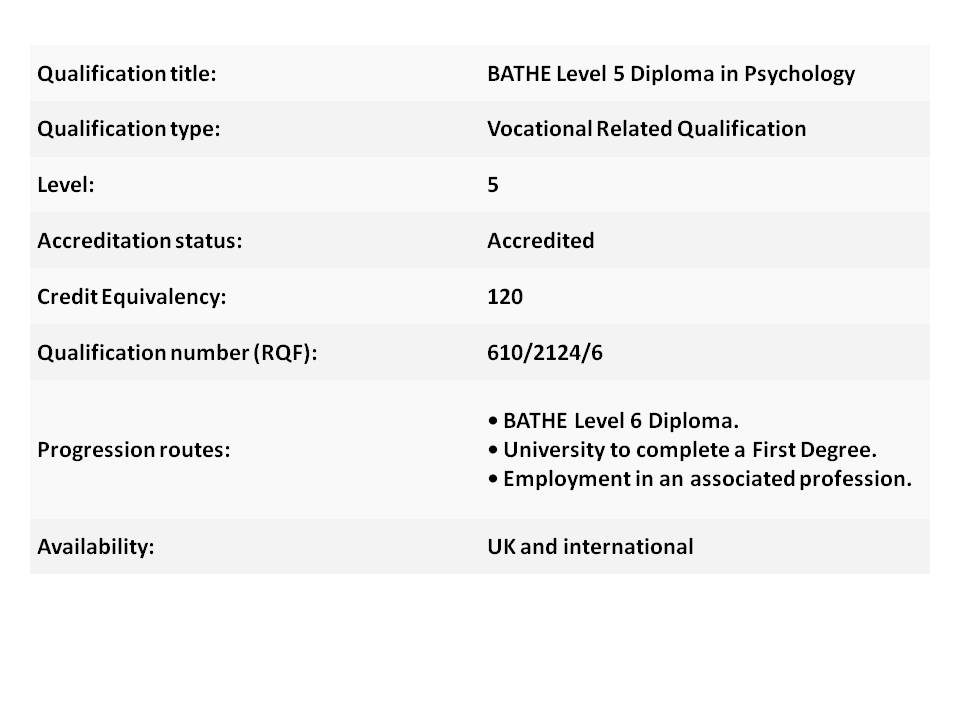Specifications
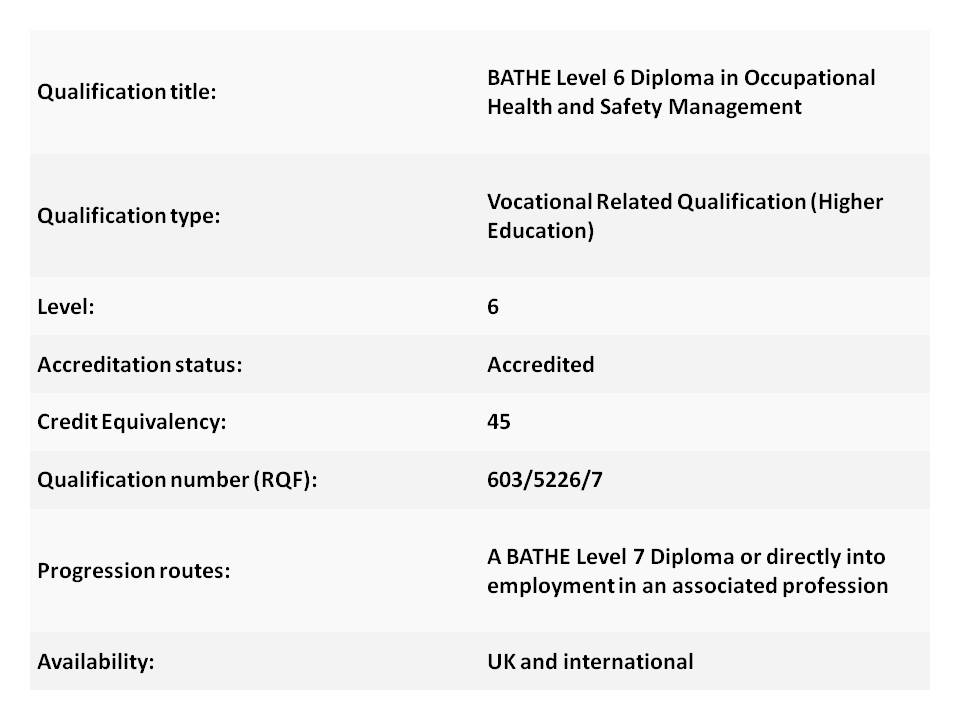
Course Overview
The level 6 Diploma in Occupational Health and Safety is a qualification for aspiring health and safety professionals. It is aimed at learners who are responsible for developing and applying health and safety procedures day-to-day in an organisation. They are likely to be managers looking to improve their knowledge and skills. The Diploma is designed to provide learners with the expertise required to undertake a career as a health and safety practitioner and it also provides a sound basis for progression to postgraduate study.
Units
- Principles of Occupational Health, Safety and Environmental Management and Regulation
- Occupational Health and Safety in Organisations
- Risk Management and Control in Occupational Health and Safety
- Working with Hazards and Emergencies in Occupational Health and Safety
Entry Requirements
- A minimum of a Level 5 qualification in a related sector or;
- A minimum of 3 years’ work experience which demonstrates current and relevant industry
knowledge. - In certain circumstances, students with considerable experience but no formal Qualifications may be considered, subject to interview and being able to demonstrate their ability to cope with the demands of the programme.
